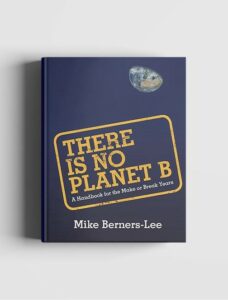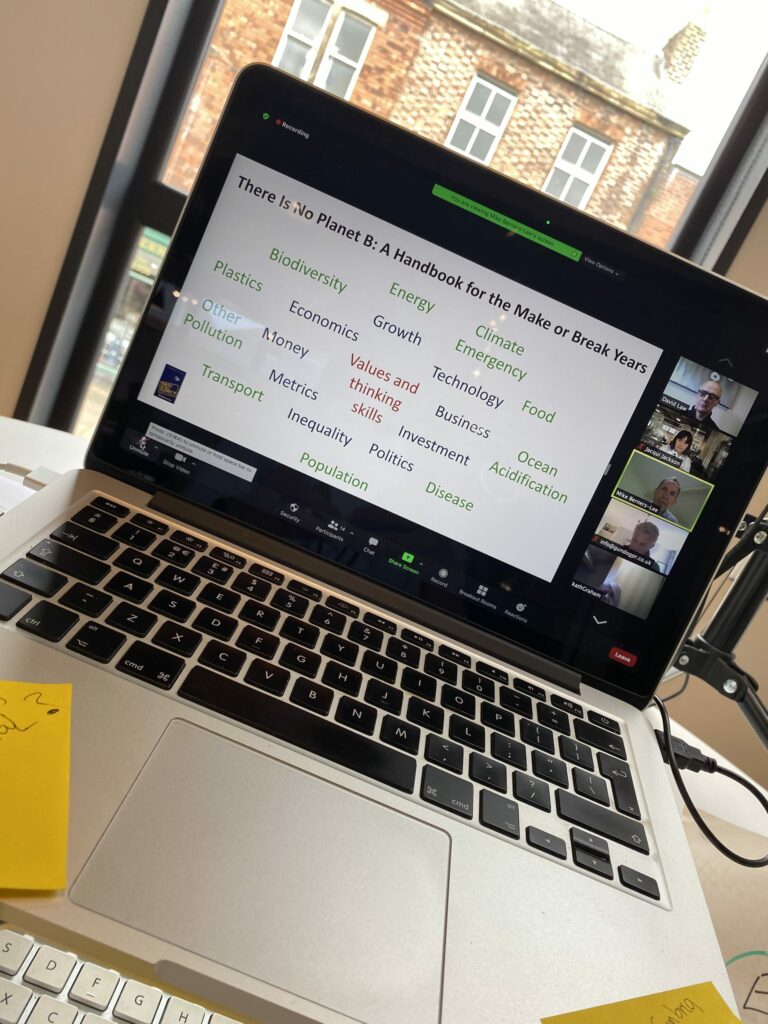Zero Carbon and us
We are all aware of the potential impact of CO2 emissions. Most of us have a level of concern and most of us are doing our bit to reduce it. Individual actions often feel too insignificant to matter and this often justifies inaction. We forget that ‘us’ is made of individuals and eventually individual actions cause change (unfortunately that’s how we got to where we are now).
CO2 emissions are all around us. Working with Lancaster University and the ECO-I project we’re (Thomas Jardine & Co), looking at pioneering a low carbon food and drink sector in Cumbria.
ECO-I
This ECO-I project has brought together a group of Cumbrian Businesses who really want to make a difference to the ‘Net Zero’ ambition in the food and drink supply chain and catalyse change. The first two days facilitated by Angela Moore and Jacqui Jackson brought the group together to look at the challenges they face and introduce them to how we could find some solutions over the coming months. This included looking at the challenges the current food supply chain poses to the low carbon agenda. It was backed up with thinking about how the food & drink supply chain ecosystem could offer solutions to those challenges.
Food Supply Chain: some thought provoking ‘agitation’….
Mike Berners-Lee (author of ‘There is no planet B‘ ) shared with the ECO-I cohort his thoughts on the main causes of CO2 emission in the food supply chain. Here’s his main points:

The world produces 2.5 times the amount of calories we need!
Stop giving good calories to animals and shift from over consumption of meat!
Fishing needs to be properly regulated!
Food miles is not clear cut…importing food by sea can be better than growing it locally!
Main source of food ‘waste’ is feeding animals and consumer waste, retail waste in advanced economies comes third to these!
Food Supply Chain: using its ecosystem to find solutions
Chris Ford has a raft of experience in encouraging multiple stakeholders to achieve change. He offered the cohort a few thoughts and agitations to help them over the coming months:

The end is usually not visible at the start!
Look at outside and inside change!
Become a magnet!
Develop energy in connection cycles!
Find place based solutions!
We have a shared fate!
Marginal gains or revolution!
Then landed the statement: ‘what if we become the leaders of innovation to NET ZERO for the Food and Drink Sector in Cumbria’…..the journey begins….
